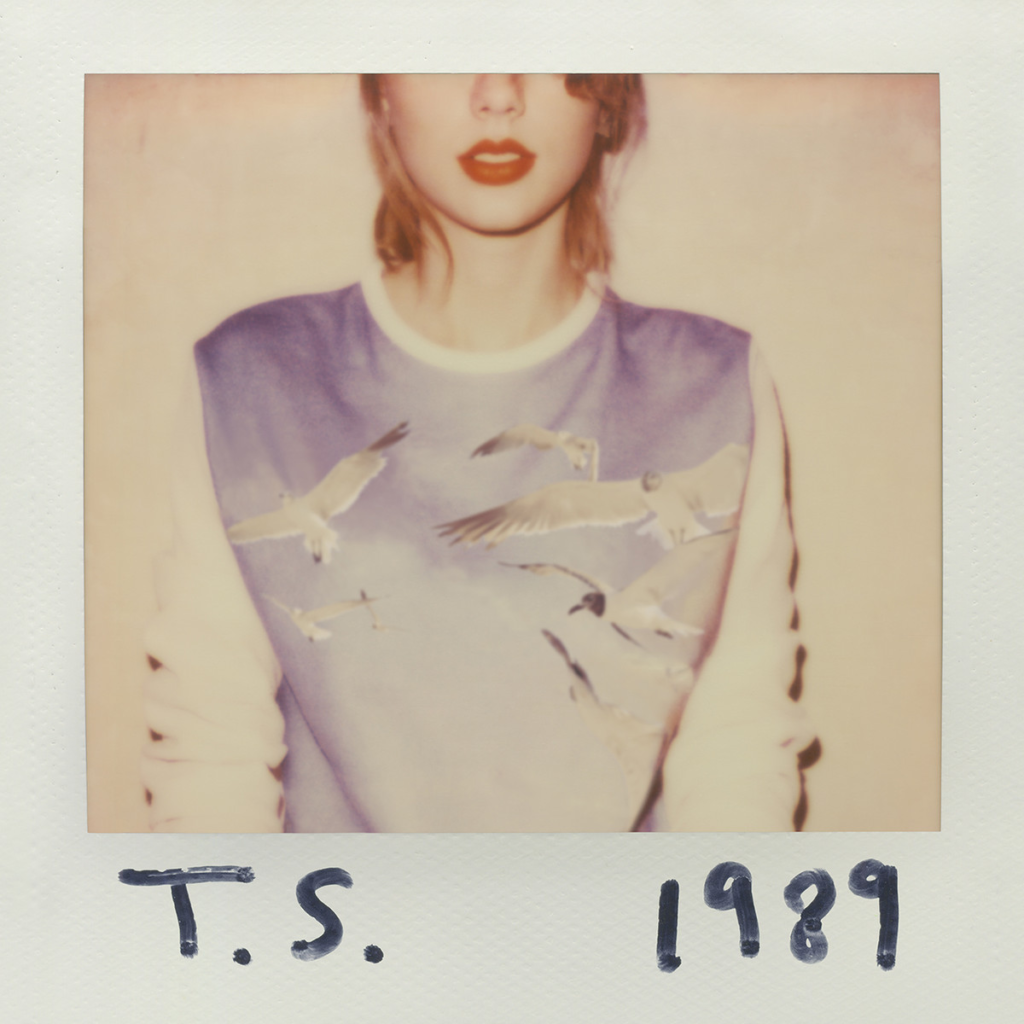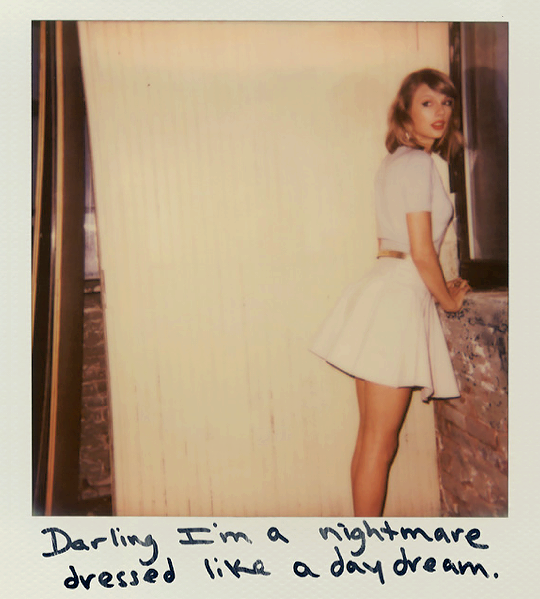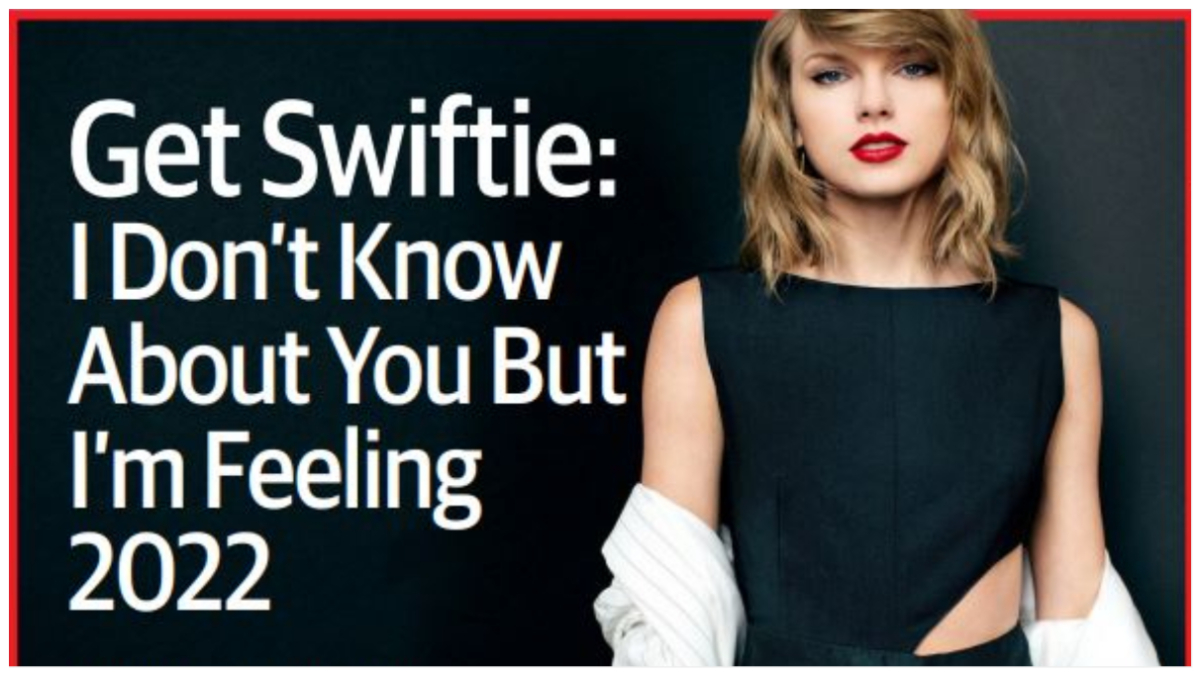“Taylor Swift has, and always will, outshine other artists. For years, she’s managed to stay relevant, without even being in the public eye. She’s something special. And the entire world knows it.”
That, they most certainly do.
The 32-year-old country act gone bubblegum pop, folk rock and back again has cultivated a vehement following over the years. And deservedly so. Whether it’s a certified “Swiftie” or the regular-day good tune-crooning fan reading the signs, Swift is undeniably a generational talent that doesn’t merely have a far-reaching peak; rather, she sports a spotless record of Derek Jeterian-dense excellence that’s ceased to dip.
And now she’s engaged. Well, maybe. According to The Sun and Page Six, partner Joe Alywn – the inspiration for 2019 hits like “London Boy” and “Lover,” among others that contradict the narrative Swift exclusively records tracks as claps back at her ex-boyfriends – “popped the question” months ago. Meanwhile, the only question the most passionate “TSwift” die-hards are posing: how will the potentially forthcoming nuptials impact her rumored 2023 tour slate?
On June 8, reporter Megan Willgoos hypothesized via Twitter, per a shared screenshot, that Swift’s Covid-cancelled tour dates on the year were in their rescheduling phase. She alludes to interferences with a previous event scheduled for Atlanta Georgia Mercedes Benz Stadium as proof-positive evidence indicating 2023 would see Swift’s return to or near your city. Correctly interpreted or no, this information spearheaded mass Internet hysteria, with fans on the local front already pledging to rename their rainy day funds “MSG 2023” forevermore.
For now, though, this all remains less of a reality, and more a wild dream until official confirmatory statements are delivered by Swift or other key members from her camp.
Until then, Swifties at least have the quite transparently teased 1989 (Taylor’s Version) to look forward to. After successful Fearless and Red revivals, only single touch-ups for “Wildest Dreams” and “This is Love” from 1989 (2014) have been rolled out, in September 2021 and May 2022, respectively.

Per an investigatory timeline put together by the online entertainment outlet Popbuzz, Swift has dropped an unkindness of 1989 Easter eggs everywhere from a collage board seen in a Late Night with Stephen Colbert appearance, to the All Too Well extended edition short film – released in November 2021, and even screened at the Tribeca Film Festival on June 11.
Why devote a respectable portion of her fame’s unprecedentedly long-lasting apex point to re-record songs that were already chart-toppers upon arrival? It’s not just because she can. No, by the calculations of those most locked into Swift’s hurt-locking hooks and overall fluentness in the language of love songs, she must.
“Taylor Swift was robbed of her music,” said Daniella Rodriguez-Rebolledo, The Messenger Papers intern and resident “Swiftie.” The junior year journalism student at Stony Brook University has much to offer on the matter, unshy in referencing Swift’s notoriously prohibitory record contract she signed with Big Machine Records at just 15 years old. “Essentially, they claimed ownership of her music. In 2019, she tried to land a deal with them to give the ownership rights to her. Obviously, they wouldn’t ever do that, because she’s one of the world’s greatest artists.” Striking a deal with Republic Records, finally, granted Swift’s catalog back to where it belonged. Hence, a replenished star was born, in the form of the recent wave of self-empowered album re-releases no self-respecting Swiftie could ever hope to complain about.
Adds Rodriguez-Rebolledo, “Taylor Swift is an exceptional artist. Not everybody can sing songs they released 10 years ago, match the pitch, and sound absolutely incredible. I commend her for being not only one of the greatest artists, but one of the greatest businesswomen. The music industry is tough, but Taylor Swift is tougher.”
And we are made tougher, too, thanks in large part due to Swift’s relentless commitment to both the craft and her faithful backing. Like Peter Frampton implored his audience live from Commack’s Long Island Arena stage in August of 1975, she shows us the way. As far as lyrically new material goes, nothing is on the horizon– lest Swift surprises us like the Heaven-sent wallop of Folklore we’re still swept under the spell of, and have no real plans to come down from anytime soon.
However, “Carolina” was released to acclaim in early June – written by Swift and produced by her Folklore collaborator, Aaron Dessner of The National. The “haunting ballad” was commissioned to play over the end credits and during preview trailers for Where the Crawdads Sing, which hits theaters on July 15. For the arrangement, method execution was adhered to – with use made only of instruments predating 1953, the year in which the film is set. This included: a mandolin, a fiddle, and a banjo to further drive home the endgame aim: an acoustically “ethereal” aesthetic. In this regard, Swift’s soundtrack presence harkens her understated “Safe and Sound” contribution alongside The Civil Wars to The Hunger Games (2012).
Now into her third decade as a musical and magnetic force, every weighty Swift reflection like“exile” and “epiphany” still always gains an upbeat dance-partner. “New Romantics,” “Style,” and even Fearless’ cathartically “Romeo and Juliet” revisionism-rampant “Love Story” – which spawned a country charts No. 1 re-up with its “Taylor”-made edition in February of 2021 – are songs that see sadness and raise it more than a half-full glass.
Say what you want about her prolific genre-bending, but you can never call Taylor Swift someone incapable of adapting to the changing times while remaining unashamedly herself. That’s amore – as seen through a mirrorball, to boot.
Here’s to continued sunshine and a less than cruel summer ahead for all our Swiftie subscribers, and subscribers in general. Signed, sealed, delivered – The Messenger.








